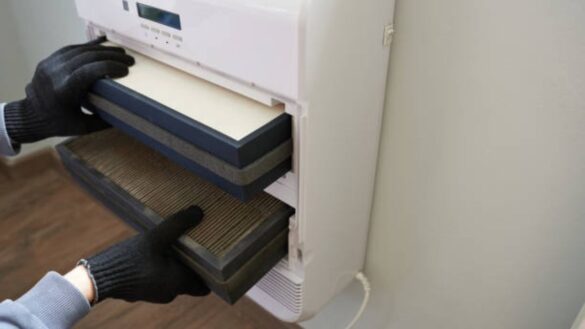Automation plays a pivotal role in both high-tech and traditional industries, but the needs in these spaces can be worlds apart. From cutting-edge innovations to tried-and-true manufacturing methods, control integrators must adapt their skills to deliver tailored solutions. Let’s dive into how they support diverse industries with expertise that keeps operations running smoothly.
High-tech industries operate with razor-sharp precision, where every movement and calculation must be flawless. Control integrators in these fields don’t just install systems; they create bespoke automation solutions tailored to intricate and demanding processes. From robotics to pharmaceuticals, these industries demand systems that can handle exacting specifications without compromising performance.
Custom Automation Solutions for High-Tech Precision Needs
The key to success lies in advanced programming and hardware integration. Control integrators work with cutting-edge PLCs, intuitive HMIs, and robust data collection systems to provide unparalleled accuracy. These systems are designed to adapt to future innovations, making them scalable for growth while maintaining the precision high-tech industries require. By creating solutions that anticipate evolving needs, integrators ensure these industries stay ahead of the curve.
Legacy System Optimization in Traditional Manufacturing
Traditional manufacturing often relies on systems that have been operational for decades. These systems may be reliable, but they’re not always efficient or aligned with modern standards. Control integrators step in to optimize legacy setups, giving them a new lease on life without disrupting ongoing operations.
This process involves meticulous analysis of existing systems to identify weaknesses and inefficiencies. Control integrators upgrade components, retrofit controls, and introduce modern monitoring tools to improve functionality. The result is a smoother, safer, and more efficient operation that blends the reliability of legacy equipment with the capabilities of contemporary technology. By preserving what works while enhancing what doesn’t, integrators help traditional industries thrive in a competitive market.
Advanced Integration Techniques for Emerging Technologies
Emerging technologies like artificial intelligence, machine learning, and IoT are reshaping industries, and control integrators are leading the charge in bringing these advancements to life. They’re not just implementing technology; they’re creating systems that maximize its potential while maintaining reliability and safety.
Integrators specialize in harmonizing new technologies with existing systems. This involves programming AI algorithms to optimize production, using IoT devices for real-time monitoring, and implementing machine learning to predict maintenance needs. By combining innovation with practical application, they enable industries to operate more efficiently, reduce downtime, and stay competitive. Their expertise ensures that these cutting-edge tools become valuable assets, not just flashy additions.
Scalable Designs Supporting Complex High-Tech Operations
For industries with complex and ever-growing demands, scalability isn’t just an advantage—it’s a necessity. Control integrators design systems that grow with their clients, ensuring that increased production, new product lines, or expanded facilities can be accommodated seamlessly.
Modular control systems are the cornerstone of scalability. Integrators create designs that allow for easy additions and adjustments, saving time and resources when expansions are needed. These systems handle not just growth but complexity, maintaining efficiency as operations become more intricate. Whether it’s a semiconductor plant scaling up output or a biotech lab adding new capabilities, scalable designs provide the flexibility to meet changing demands without starting from scratch.
Robust Reliability in Control Systems for Established Industries
In traditional manufacturing, reliability is the foundation of success. Downtime can cost thousands of dollars per hour, making robust and dependable control systems essential. Control integrators understand this and focus on creating solutions that prioritize consistent performance and minimal maintenance.
They achieve this by using durable hardware, redundant systems, and thoroughly tested programming methods. Control integrators also plan for long-term use, designing systems that can withstand wear and tear while remaining easy to repair or upgrade. By ensuring these systems run smoothly day in and day out, integrators support the productivity and profitability of established industries.
Seamless Connectivity Between Old and New Systems
Bridging the gap between old and new technologies is one of the most challenging aspects of control integration. Many industries operate with a mix of legacy equipment and modern systems, and ensuring they communicate effectively is vital for smooth operations.
Control integrators excel at creating seamless connections. They use custom protocols, middleware, and advanced programming to integrate older systems with cutting-edge technologies. This approach enables industries to modernize without completely replacing their existing infrastructure, saving time and money while enhancing overall performance. Seamless connectivity allows industries to enjoy the best of both worlds, maximizing the value of their investments while embracing innovation.

